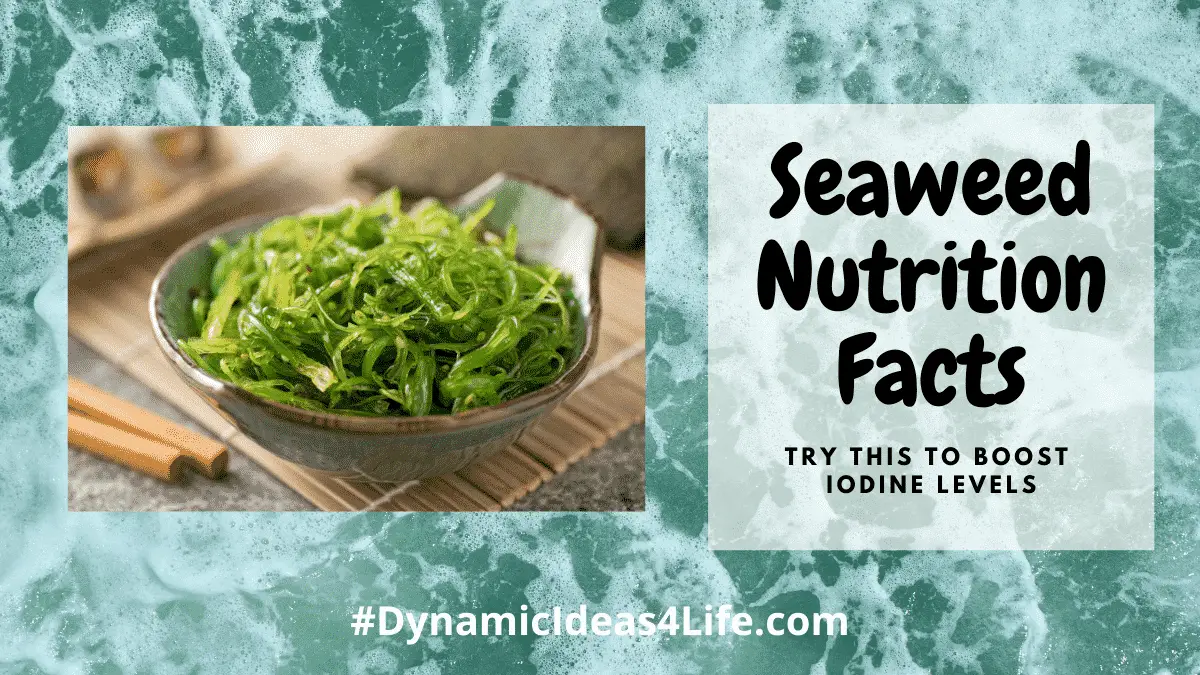
Hi all, today I wanted to look at something quite peculiar Seaweed Nutrition Facts. I think it was a product I reviewed that got me thinking about this. Hormonal Harmony HB-5 I believe it was but I also noticed HFL Lean Optimizer also uses Seaweed in their ingredients.
Plus I think there are a lot of others as well…
If you ever see a health supplement that includes Kelp or Bladderwrack these are both types of Seaweed. They are added because Seaweed is rich in Iodine and it is Iodine deficiency that can cause Thyroid problems.
This is probably something a lot of people will probably dismiss but here is the thing if you are brave enough you can actually prepare Seaweed to eat. Indeed over the years, many brave TV Chefs have decided to cook dishes based on this odd dietary superfood. If you go to some expensive restaurants you may even find this on their menu!
For anyone not into supplements, this can be a great way to boost Iodine levels.
Strange but let’s look at some Seaweed nutrition facts and also take a look at the actual benefits.
So…
Seaweed Nutrition Facts
Try This To Boost Iodine Levels
Want to test YOUR Iodine Levels [Order A Test Here!]
Now, A common mineral deficiency in adults is a lack of Iodine. Many suffer from Thyroid problems as a result.
This can include excess weight gain and most commonly swelling and inflammation of the throat area.
However, It is known that this condition can be treatable by boosting Iodine levels.
Dietary recommendations include;
Seafood (Fish, Prawns, Shrimp, Cockles, Muscles, Whelks, Shellfish, Oysters, Crab and Lobster)
This is because of how salty the Seawater is. You might wonder about actually drinking seawater or consuming sea salt but neither of these ideas is really healthy or sustainable. The trouble is that there is too little Iodine but also too much, and who really wants to drink seawater or go OTT with sea salt. When actually Seaweed if prepared properly can be very delicious.
Note: Our body needs Iodine but it must be inadequate amounts.
For this reason, Seaweed extract such as Kelp is often used in many different health supplements, but…
Seaweed Nutrition Facts
Can You Really Eat Seaweed?

Well, yes sure you can. Heck people eat all kinds of strange things but did you know that to some Seaweed is actually considered a delicacy? If you visit Asia and countries such as China, Korea and Japan eating Seaweed is very common. In fact, Sushi the popular Japanese dish is usually rolled with Nori which is made from Seaweed.
Sushi is pretty much a global phenomenon as well but many say that dried Nori is hard and unchewable. I do wonder and how much Iodine is prevalent in this dried out refined form?
Surely, it is better to eat fresh? Which, brings me to the next part of this article. Finding and preparing wild seaweed!
Foraging For Wild Seaweed
So, when you are taking a stroll down the beach you can pretty much find Seaweed everywhere. Is it all edible though or what? Most of it will have all the universal Iodine rich properties but what can you eat, and what can’t you eat?
It is true that depending on where you live some Seaweed species can actually be poisonous! You don’t want to be picking any of that but the good news is you can usually identify what Seaweed is what but I will elaborate on this a bit further.
Not to confuse but here are a few images that might be helpful;

I know this information is a bit messy but hopefully, I can give you some idea of what this is all about.
Basically, there are three main types of Edible Seaweed. Green Seaweed, Brown Seaweeds and Red Seaweeds.
In where I live in the UK you have 5 main edible types;
Dulse, Kelp, Carragheen, Laver and Gutweed. The first four here I shared in the image above. Gutweed, also known as…
Ulva Intestinalis I will share another image of below;

Quite a lot to try and get your head around (I know) but now let’s actually look at preparing your harvested Seaweed to eat!
Note: If you find a type of Seaweed and you can’t identify it. My suggestion is if you use a Smartphone like many do (not me included). Try using Google Image Search. I have used this tool in the past to identify plants. It can definitely help.
Also, if you are picking fresh seaweeds use scissors to take what you need rather than rooting from the ground.
Like any nature, it should be respected.
Do NOT take more than you need! Leave it to grow as this way if you want more you can go to the same spot again.
Seaweed Nutrition Facts!
Now, How To Prepare Wild Seaweed
Now assuming you have found some Seaweed that you have the intention of eating there is definitely a few things to know.
1.) Whatever Seaweed you pick there is one general rule. Wash it thoroughly to rinse away any sand, or dirt.
2.) To dry out you can leave to dry out in the sun, a warm room or you can do so in the oven.
3.) Different types of sea vegetables require different preparations.
4.) Seaweed can be made into all sorts of dishes including soups, salads and snacks.
Check out this article from WikiHow for more information [Click HERE]
The Health Benefits Of Seaweed?
According to the Healthline website, there are 7 very beneficial aspects of eating Seaweed. [Read More Here]
Just to summarise these are
- A Rich Source of Vitamins and Minerals including Iron, Manganese, Copper and B-Vitamins Thiamin and Riboflavin.
- Known to contain as well Iodine and Tyrosine which both help support Healthy Thyroid Function.
- Packed full of Antioxidants.
- Good for Gut Health. A Source of Dietary Fiber and Polysaccharides
- Can help with Weight Loss and Hormonal Balance.
- Believed to help reduce the risk of Heart Disease.
- Can also assist with Blood Sugar Support for Type 2 Diabetes.
Is Seaweed Good During Pregnancy?
I thought this might be worthy of a mention. Some people will recommend Seaweed for Pregnant Women. From what I can gather I think it is like drinking a glass of Guinness here and there. It’s good to get the Iodine boost that you get from Seaweed. Not just this but you also get other helpful nutrients such as Omega-3 and the B-Vitamins.
However, the general rule of thumb here and one that applies to everyone is don’t overdo it. Eating Seaweed can help remedy Iodine deficiency and is very good for Thyroid function but too much can actually have a counter-productive effect. In fact, too much Iodine is not good for you so if you are Pregnant don’t go too crazy eating Seaweed every day.
1-2 times a week should be fine.
Natural Seaweed Vs Iodine Supplements
If you are only considering Seaweed for the Iodine you may have also considered dietary supplements. I would say it is always better to get your nutrients from natural sources but then supplements are a lot more convenient. If they are effective enough, by comparison, is the question I think that is most important though.
I would say you might need to shop around. Some supplements work and some don’t. This applies to Thyroid function supplements that someone might take for an Iodine deficiency and basically any single other supplements you can buy.
The trick I think is to look for reviews and a good return policy. So far I can only really suggest some multi-purpose supplements for hormonal balance but there may be others out there if you are willing to look.
I will not share any product links here but of course, if you need any help in finding something that works, please contact me via chivs86@dynamicideas4life.com or let me know in the comments.
Seaweed Nutrition Facts
In Conclusion – Do This For Extra Iodine!

Now, I think this is an amazing topic. I love Seafood but never really tried much of the vegetarian kind.
When I started noticing ingredients in dietary supplements like Bladderwrack and Kelp it actually made me think about this a lot more.
Especially, when I noticed the benefits of Thyroid function. I mean I know that there was something special about sea-based nutrients but I didn’t quite clock on to the part about Iodine. Once I did I think it was when I began writing this post.
So, yes I definitely think that this is a good route to go. Eating Seaweed for the Nutritional benefits. It packs a bit more punch than the usual meatier variety of Seafood I believe as well. Not only this but it is always good (food-wise) to try new things.
You may actually find that you really like eating Seaweed as well. Maybe you won’t but many do.
Wakame I think is probably the best type for low Iodine levels but one final thing I must stress is don’t eat too much.
Your body should respond pretty well to boosted Iodine levels but too much can actually negatively impact your Thyroid so eat Seaweed just don’t eat it so often or so much that it makes you ill.
Your Feedback – Would You Eat Seaweed?
I know some people would laugh if I asked them this, but would you eat Seaweed? let me know in the comments section below along with any questions you have about the topics I have discussed in today’s post. If you would like to share your own experiences as well about anything related to Seaweed Nutrition Facts or Iodine Deficiency I would love to hear from you. In fact, I think this would improve the experience for my other readers so please do.
Also, if you know anyone that might be interested in today’s article, please share. The more people that read my articles the better this does to ensure the future of this website. I love writing but what makes it all worth it is this information getting out to others. So yes please share with your friends and contacts on Social Media.
Otherwise thank you for stopping by and hope to see you all again in the near future.
Best regards #StayDynamic
Alex B. Chivers
DynamicIdeas4Life.com
PS: If you have enjoyed reading today’s post why not subscribe to our email newsletter?
Receive notifications straight to your inbox whenever a new post is published…
As well as exclusive content, offers and discounts on our recommended products.
Read Some Of Our Recent Posts…
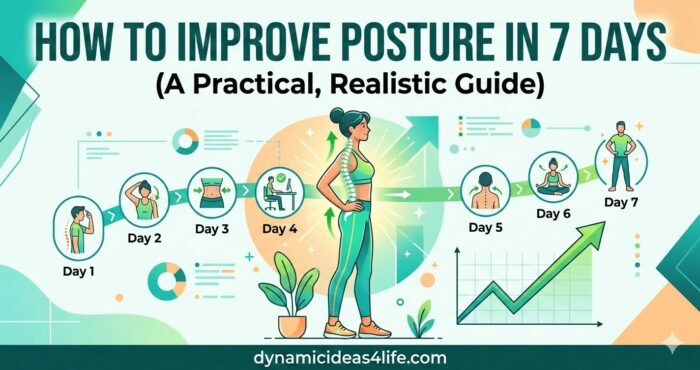
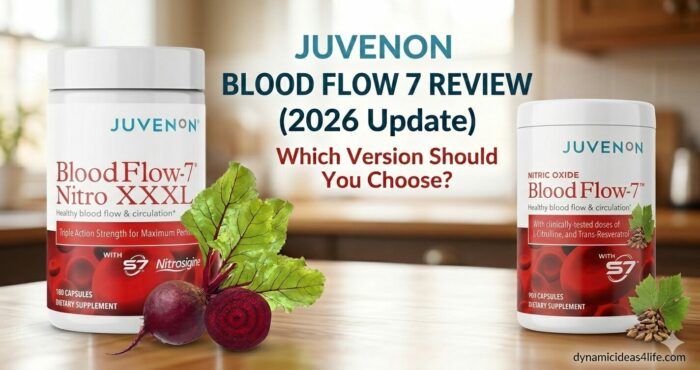
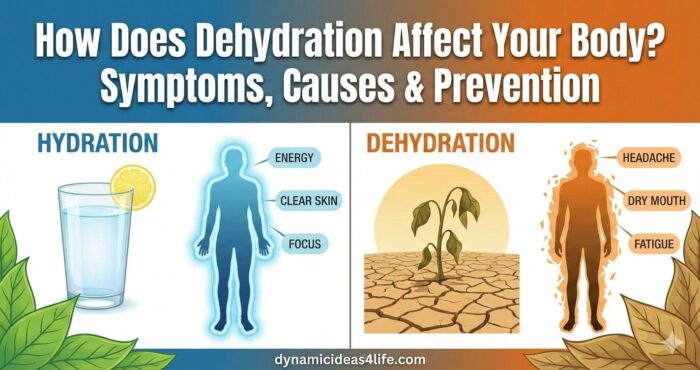
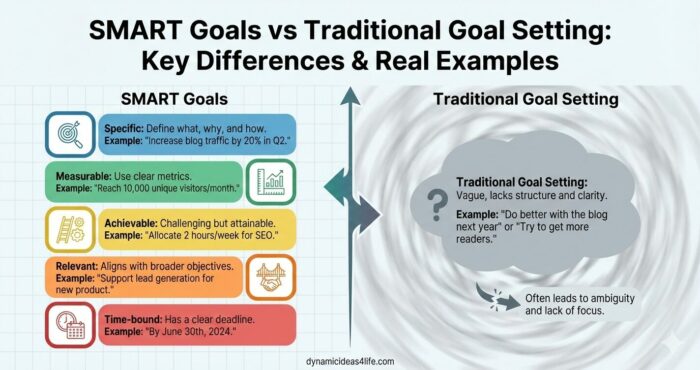

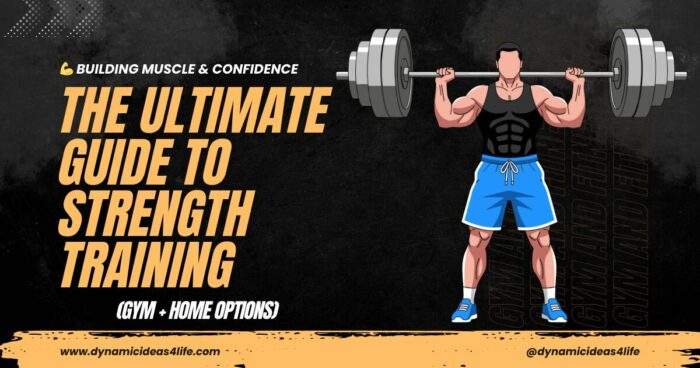


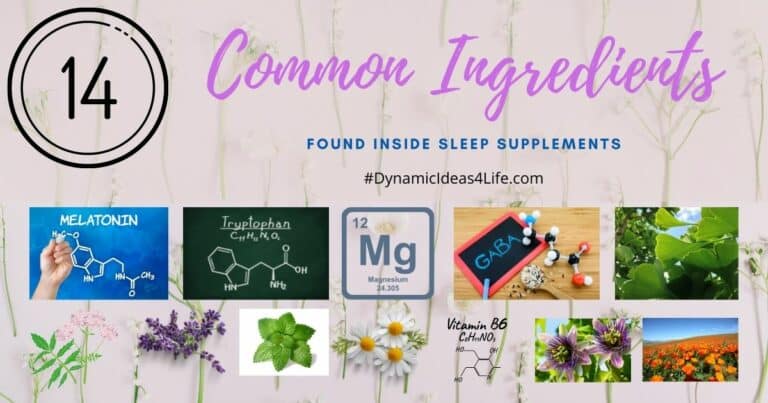
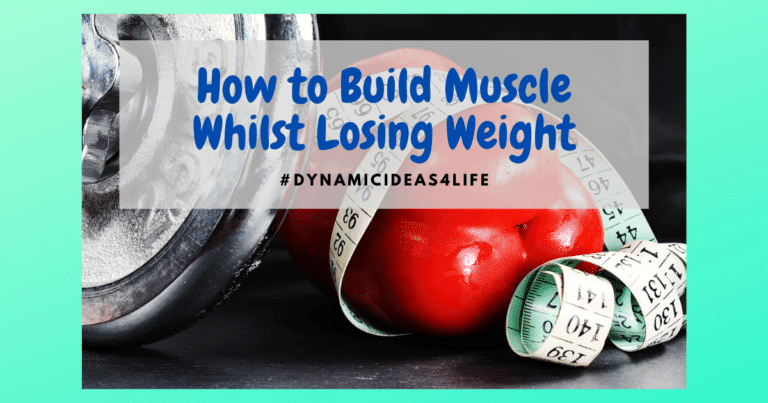


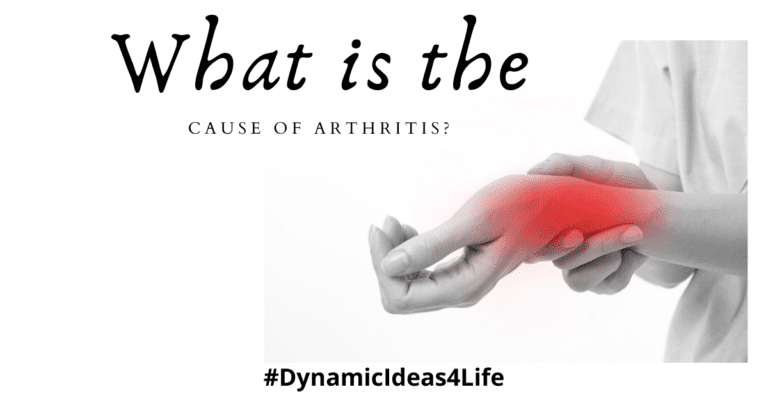
Great information on the different types of seaweed. I just never knew how good seaweed is for our bodies, so long as we don’t eat it too often we will gain benefits from eating it.
I often have sushi at restaurants when I’m in a big city. Is it just as good for you?
Hi Yvonne, Thanks for commenting. Yes, Seaweed is actually considered a superfood. As I’ve said in the article there are many health benefits. Just as you say you shouldn’t eat too much or too often as high doses of Iodine can really mess with your Thyroid. In the right amounts, it is very good for you and your thyroid but the main thing is to not go too over the top. As for Sushi, I would guess it can be quite a healthy snack. The seaweed part of it I think is very high in Omega 3 so that is one reason to eat it I guess.
Hi Alex,
I’m so excited while reading your article, and the reason is that I live in Japan, and seaweeds are one of the most popular staple ingredients in Japanese traditional food.
I learned a lot that I have not known yet, and I’m grateful to come across your article. To tell you the truth, I use wakame seaweeds almost daily in my Mizo soup, and my family loves it.
Once again, thank you so much.
Lyn
Hi Lynn, You are from Japan that is awesome. I would love to visit one day and yes I read that the Japanese love Seaweed. I am glad I could educate you on a few things and you mention you regularly make Mizo Soup with Wakame. hmm… I honestly, did read that too much Iodine can affect your thyroid but I guess that if you do eat seaweed such as wakame quite regularly maybe the body can adapt. Thanks for the comment – I see you have your own website mybellyfatsaftercsection.com I will be sure to check it out.
Best regards;
Alex
I love eating seaweed!
However, I did not know their were so many eatable types. So thanks for sharing this information. I am now inspired to go and try some different varieties.
I too am a big fan of Mizo soup, mostly because it is delicious and also because of the many beneficial ingredients it contains. Sushi is also a big favorite of mine as are seaweed salads.
my mum has always taught us that everything is good in moderation, so yes I agree with you that we should mix and match lots of different food types so we can have a healthy and balanced diet.
I would rather get my vitamins and minerals from eating a good diet rather than supplements as well, but when our diets are not providing us we everything our bodies need for optimum health, taking supplements becomes a good idea.
Thanks for sharing.
Thanks, Andrew. Glad you liked the article. I am quite new to the idea of eating seaweed personally as I don’t live near the coast but my mum has recently moved to a seaside village. I will be curious next time I visit to see what I find on my next walk up the beach. Anyway was very interesting for me researching all this and hopefully next time I get the opportunity to try seaweed I will.
I love eating the dry Nori sheets and I think they’re easy to chew, unlike what some people say. I love the taste of it and now that I know that it’s good for me I’ll eat it more often, but I’ll make sure not to overdo it.
I sometimes buy seaweed snacks at Costco and they are entirely made of dried seaweed, there are no added ingredients. They’re the super thin versions of the Nori sheets.
I have never heard of bladderwrack, so that one was new. I also know that agar agar is used in many vegan dishes, but I had no idea that agar agar was in fact a type of seaweed. I learned something new today! 🙂
Hi Christine, Yes I think it depends on the Nori sheets. I see that some on Amazon had negative reviews about being difficult to chew but I guess that maybe others might be different. It is probably to do with the thickness. As you say. As for Bladderwrack, it is a brown seaweed it is put in a lot of weight loss supplements because it is very rich in Iodine and good for the thyroid. Agar agar yes this is never type but don’t really know much about it.